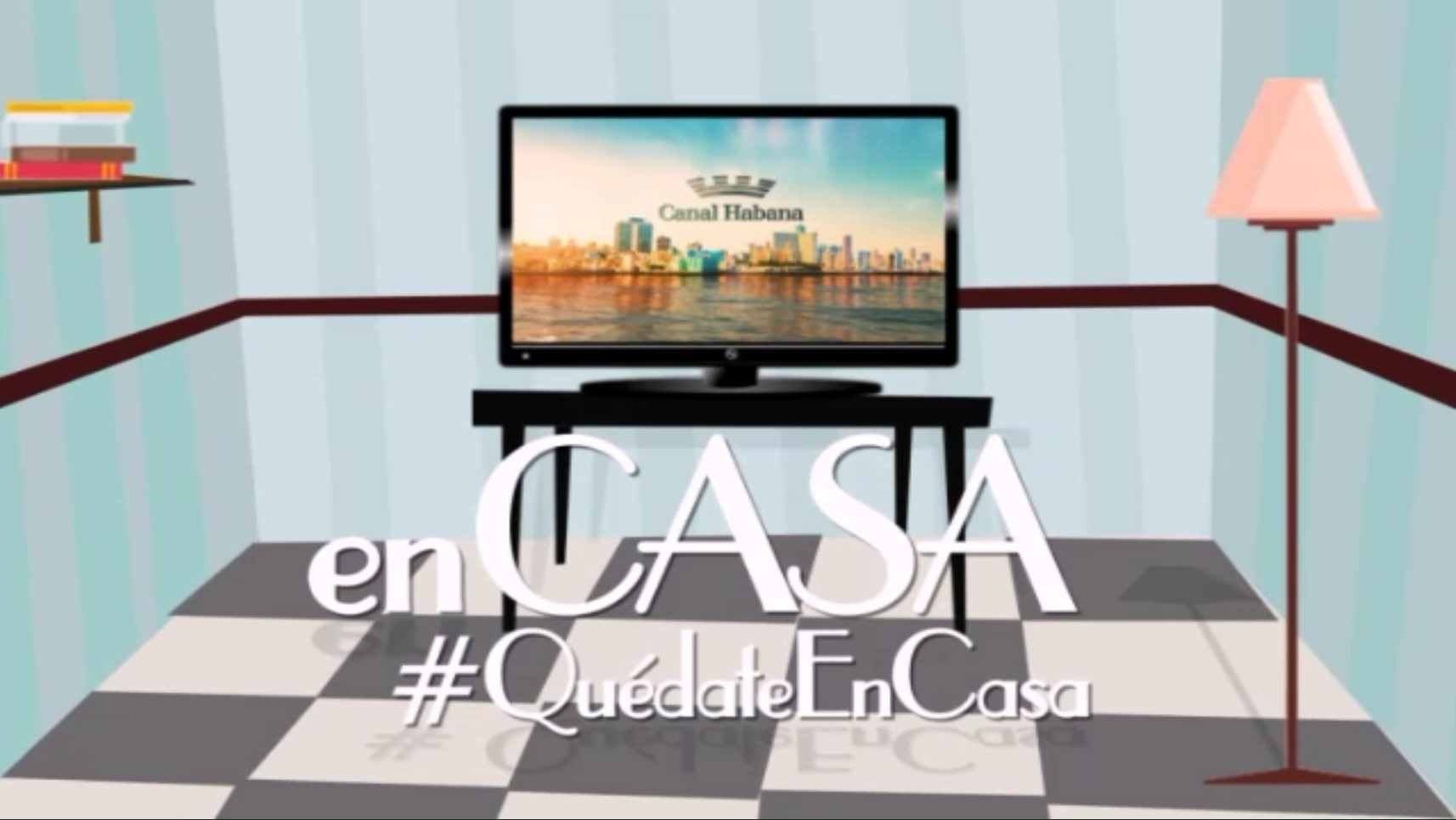
HAVANA, Cuba, Jul 2 (ACN) After more than five months of transmissions, the television teaching activities, initiated on January 20 and later reinforced with a wider schedule, always in the interest of preserving the vitality of the 2020-2021 academic year in Cuba, despite the strong scourge of the pandemic, will conclude today.
The end of the TV broadcast classes will also close a stage of hard work, marked by the strong resurgence of the COVID-19 in much of the country and focused on ensuring the continuity of educational services from the combination of different modalities of educational care and community work at the popular councils level.
Beyond the TV screen and as a reinforcement of the transmissions, virtual channels were opened and thus, for example, the tele-classes could be downloaded from the official website of the Ministry of Education and the CubaEduca site, as well as the MiClaseTV mobile application was developed and the online reviewer service was activated.
Information and communication technologies have contributed a lot with a clear awareness of the protective and compensatory effect, the value of school activity in children, adolescents and young people's lives and the importance of, in a situation like this, seeking alternatives to ensure its continuity.
For Cuban schools and educators, then, the time has come to face the greatest challenge, because reality is so heterogeneous, the diversity of situations is so great, even in the same territory, that the flexibilization and contextualization that constitute the pillars of the III Improvement of the National Education System, the premise for the curricular adaptations on which this academic year was designed, are more essential than ever.
Implementing them will be the task of each educational institution, its directors and teachers, who have to model a school organization that matches their students and responds to their needs, by making the adjustments and adaptations and defining the times and actions to deepen, exercise, consolidate, systematize and even introduce new contents, so that the objectives are achieved and the children succeed in passing this test.
For those who do not have a television set at home or the necessary conditions to concentrate and assimilate the contents, classrooms were set up in nearby schools, with personnel ready to help them make up for lost time and overcome the academic disadvantage.
Home visits and other actions focused on the attention to students and psycho-pedagogical guidance to families, follow-up and support to TV teaching activities from local radio stations and telecenters: in many ways, the aim was to pave the way for the return to school after the summer vacations.
Sidebar

 Agencia Cubana de Noticias
Líder en información nacional
Agencia Cubana de Noticias
Líder en información nacional








Nos reservamos el derecho de no publicar los comentario que incumplan con las normas de este sitio